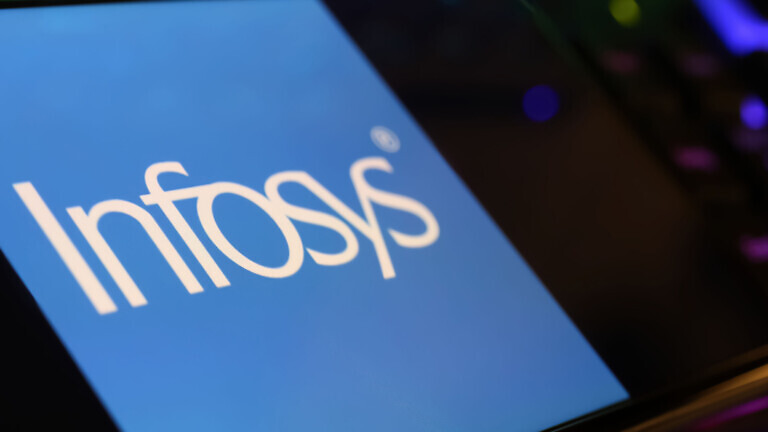Kent Community Health NHS Foundation Trust is taking part in a three-month trial of AI-powered assistant Tortus in its appointments for children with developmental conditions.
Kent Community Health NHS Foundation Trust is the first to take part in a three-month pilot of AI assistant, Tortus to help increase face-to-face time with children and their patients during Community Paediatric Service appointments.
London-headquartered Tortus is an advanced AI-powered assistant designed to streamline the administrative tasks of healthcare professionals, reducing the time spent on creating and managing clinical notes, letters, and coding. It captures audio from patient consultations and instantly generates accurate documentation, enabling clinicians to focus more on patient care rather than paperwork.
Each month, the service offers thousands of appointments to children with developmental conditions such as autism, ADHD, cerebral palsy, and muscular dystrophy.
A group of 12 clinicians, including paediatricians, nurses and therapists, will start to use Tortus’s AI-powered voice recognition technology in up to 5,000 consultations to generate comprehensive notes and summary letters.
Testing has already demonstrated the technology’s ability to filter extraneous noise effectively, offering a promising solution for busy clinical environments.
The multi-site pilot also includes trials with KCHFT’s Acute Response Team, GPs at Northdown Surgery in Margate, Hildenborough & Tonbridge Medical Group and Woodlands Family Practice, clinicians at Maidstone and Tunbridge Wells NHS Trust, and adult social care workers from Kent County Council.
“By initially focusing on the unique challenges of paediatric consultations, including background noise, multiple voices, and diverse accents, this pilot will allow us to refine the technology further,” said Tortus chief executive Dominic Pimenta “Our goal is to ensure that clinicians can spend less time on administration and more time with their patients. This study is an important step in demonstrating how GenAI can relieve pressures on the healthcare system while improving both clinician and patient experience,” he continued.



